BMW sets goal of 2021 for its iNext self-driving car
Reports say the firm's driverless vehicle will 'bridge the gap' between level 3 and 4 autonomy
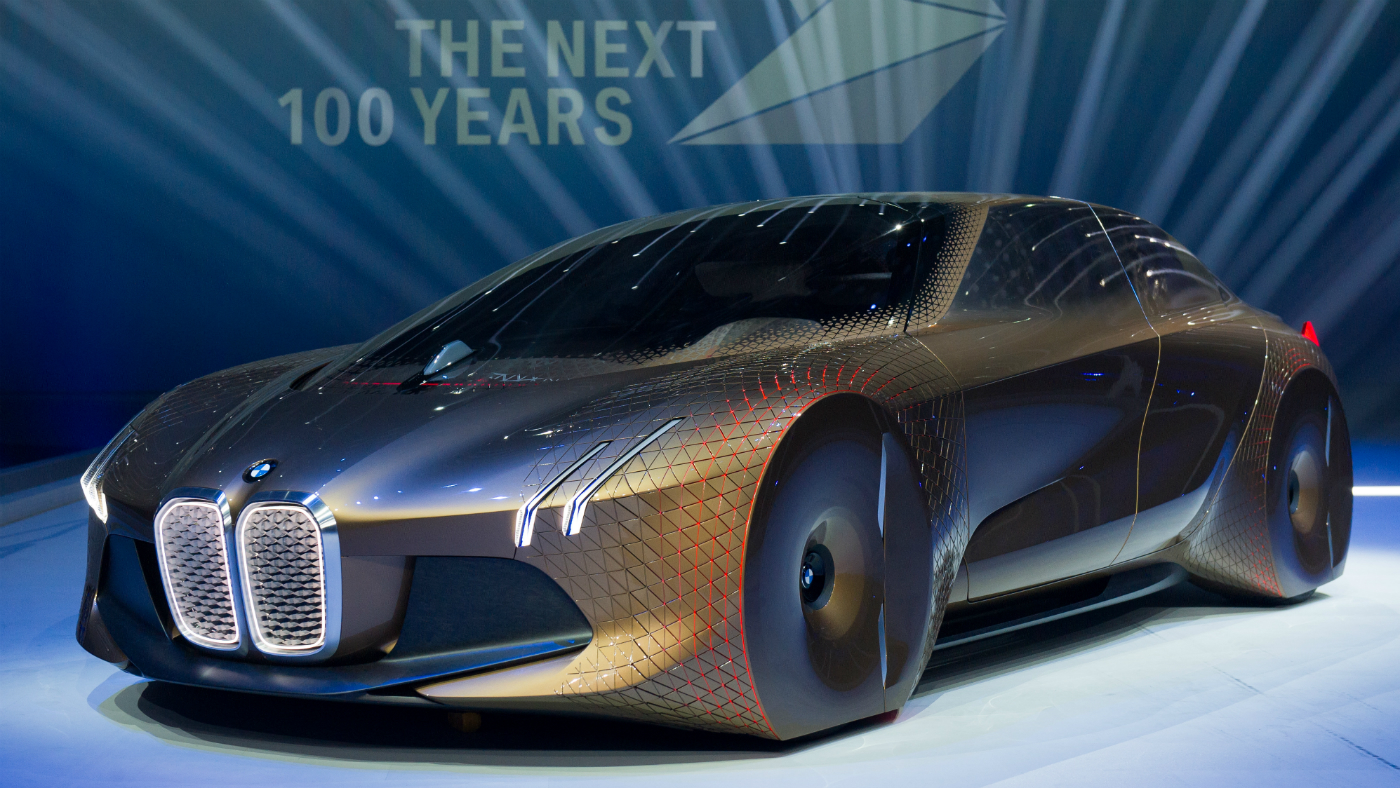
A free daily email with the biggest news stories of the day – and the best features from TheWeek.com
You are now subscribed
Your newsletter sign-up was successful
BMW is planning to start production of its "fully autonomous" iNext electric car in 2021, according to Autocar.
As part of a collaboration between the German car giant, Mobileye and Intel, the magazine says that iNext will offer drivers "level 3.5 autonomy" when it launches in four years' time.
"Although not one of the official five levels of autonomy, level 3.5 will bridge the gap between 3 and 4", says Autocar.
The Week
Escape your echo chamber. Get the facts behind the news, plus analysis from multiple perspectives.

Sign up for The Week's Free Newsletters
From our morning news briefing to a weekly Good News Newsletter, get the best of The Week delivered directly to your inbox.
From our morning news briefing to a weekly Good News Newsletter, get the best of The Week delivered directly to your inbox.
This means that the iNext could be able to drive itself without human intervention (which is classed as level 3 autonomy). BMW will also be able to cherry-pick elements from the level 4 category, such as the option of aborting journeys if the driver fails to retake control in emergency situations.
Earlier this month, Top Gear revealed that the iNext will be a "mid-size electric crossover designed around self-driving and connectivity."
But the website argues that the electric vehicle will "have to be advanced" to compete with the array of driverless cars currently on offer or set to launch over the next few years. These include the Jaguar I-Pace and Tesla's current Model X SUV.
Meanwhile, the German car giant has recently gone into partnership with Delphi, a British automotive technology film, with the aim of developing a driverless car platform by 2021.
A free daily email with the biggest news stories of the day – and the best features from TheWeek.com
While BMW has yet to confirm whether or not Delphi is directly involved with its iNext self-driving car, TechCrunch claims that the British firm is working with Intel and Mobileye – both of which are developing the electric crossover.
-
 Switzerland could vote to cap its population
Switzerland could vote to cap its populationUnder the Radar Swiss People’s Party proposes referendum on radical anti-immigration measure to limit residents to 10 million
-
 Political cartoons for February 15
Political cartoons for February 15Cartoons Sunday's political cartoons include political ventriloquism, Europe in the middle, and more
-
 The broken water companies failing England and Wales
The broken water companies failing England and WalesExplainer With rising bills, deteriorating river health and a lack of investment, regulators face an uphill battle to stabilise the industry
-
 BMW iX3: a ‘revolution’ for the German car brand
BMW iX3: a ‘revolution’ for the German car brandThe Week Recommends The electric SUV promises a ‘great balance between ride comfort and driving fun’
-
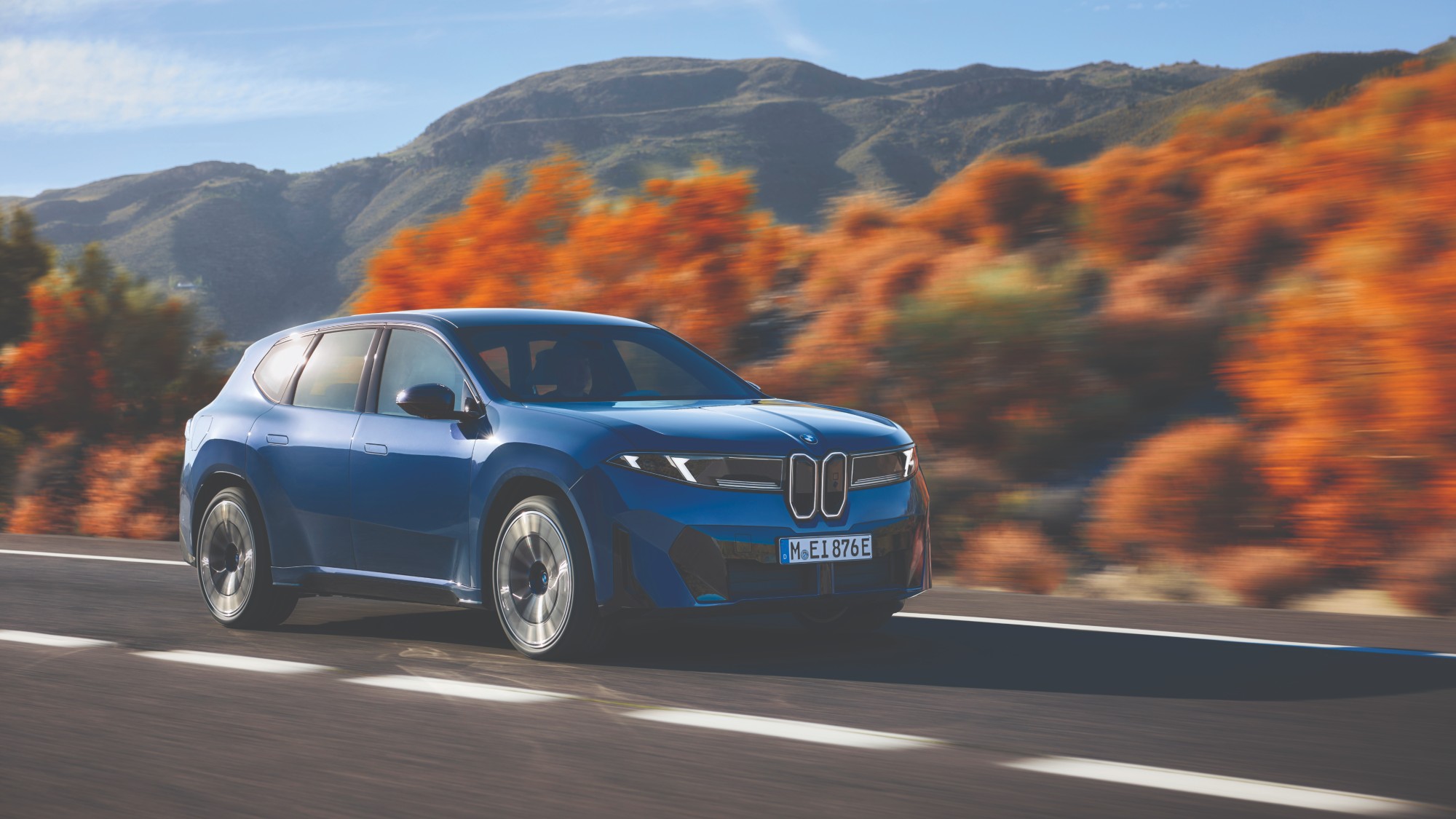 The best new cars for 2026
The best new cars for 2026The Week Recommends From SUVs to swish electrics, see what this year has to offer on the roads
-
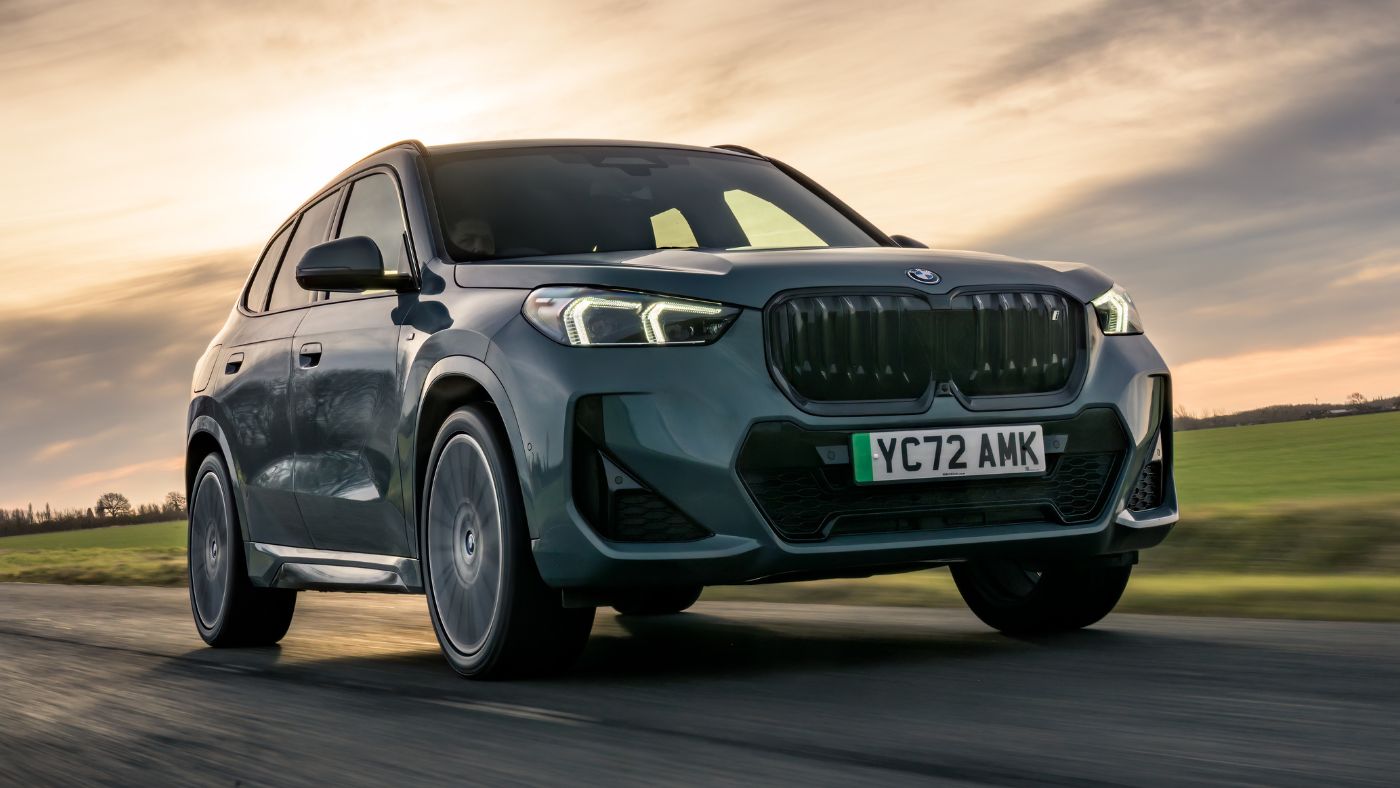 BMW iX1 review: what the car critics say
BMW iX1 review: what the car critics sayThe Week Recommends BMW’s smallest electric crossover has ‘precise’ steering and a ‘smart interior’
-
 BMW M3 Touring review: what the car critics say
BMW M3 Touring review: what the car critics sayfeature A sensational all-rounder, the car is ‘eye-wateringly, cheek-puffingly good to drive fast’
-
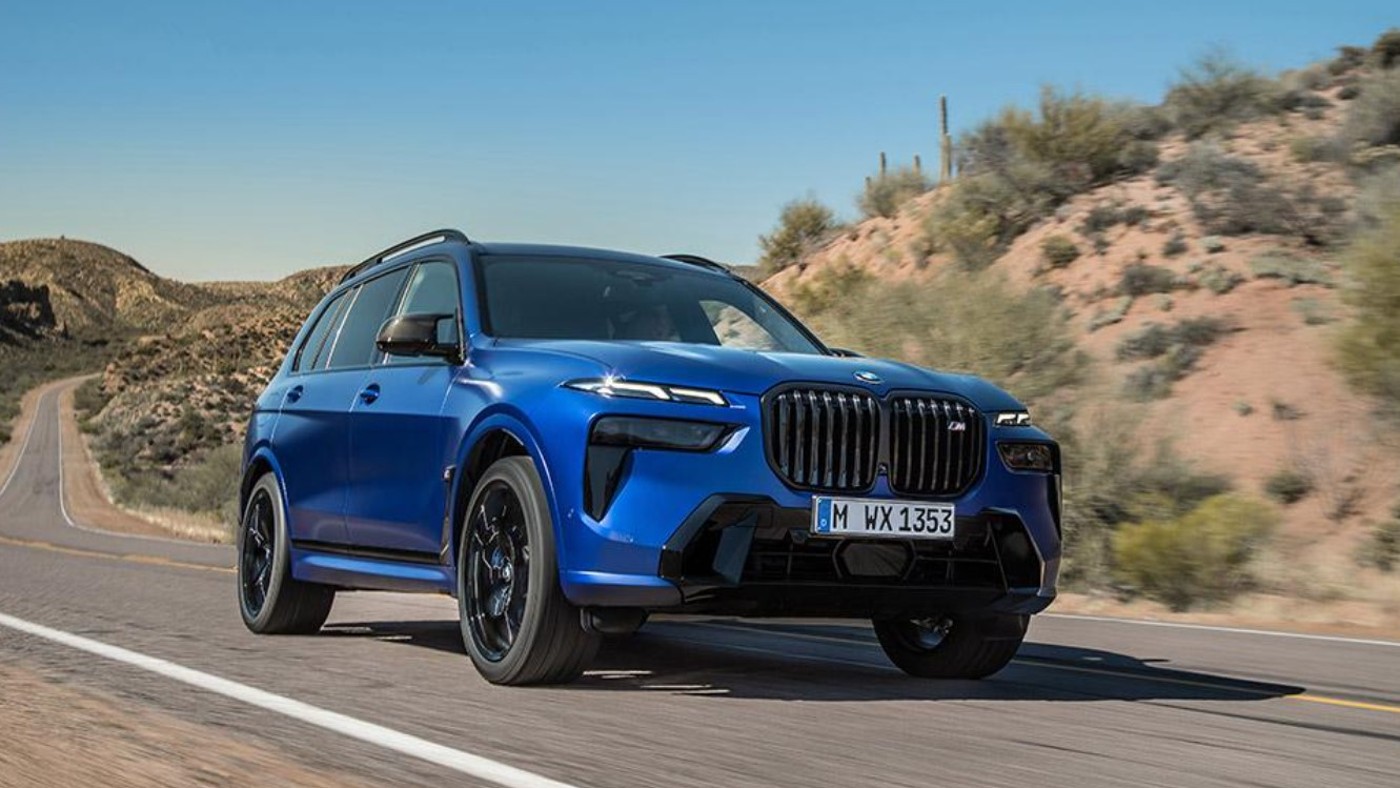 BMW X7: what the car critics say
BMW X7: what the car critics sayfeature The X7, which starts from £77,030, is more engaging to drive than most huge SUVs
-
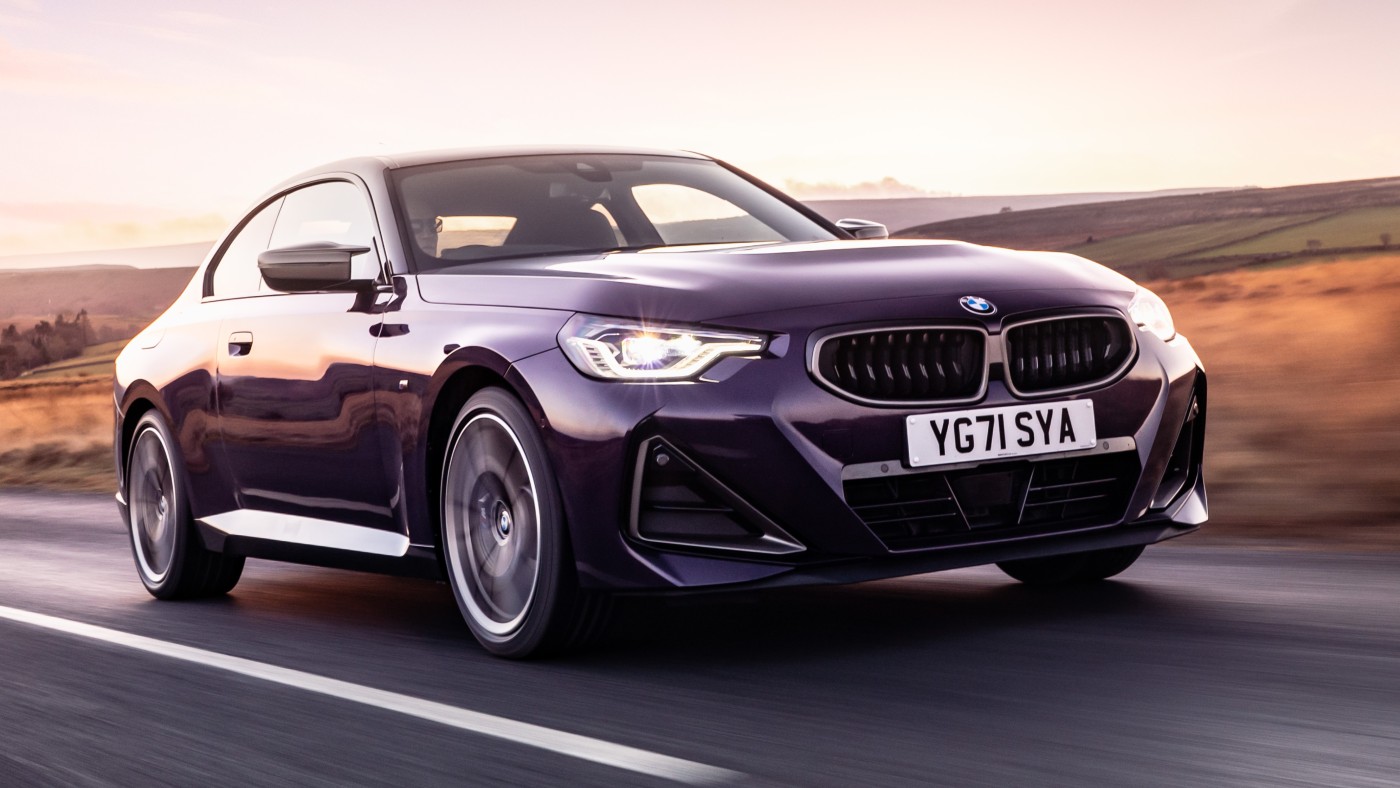 BMW 2 Series Coupé 2022 review: what the car critics say
BMW 2 Series Coupé 2022 review: what the car critics sayfeature While most carmakers are moving away from coupés, BMW is keeping the faith
-
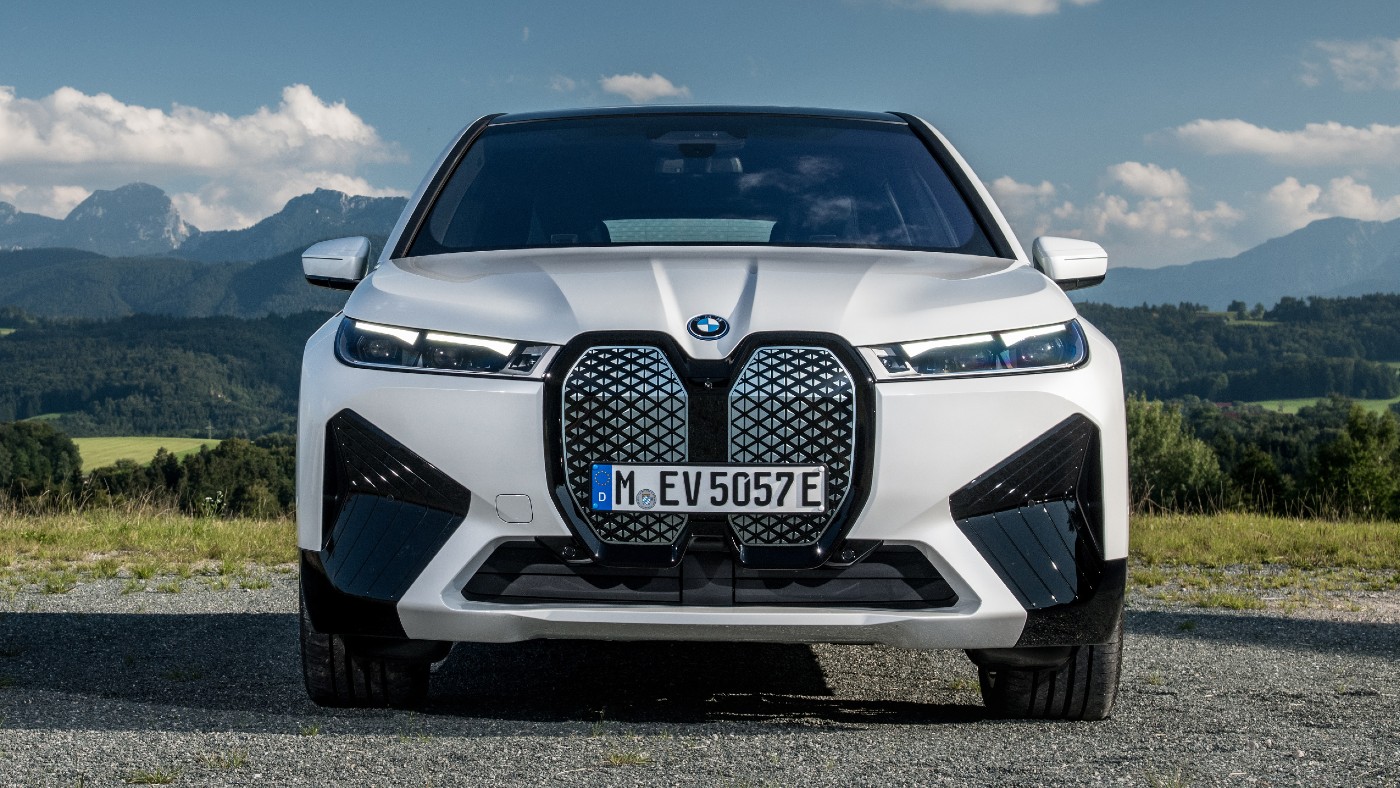 BMW iX reviews: a powerful, brutalist, ‘yacht-sized SUV’
BMW iX reviews: a powerful, brutalist, ‘yacht-sized SUV’feature What the critics say about BMW’s new high-end all-electric car
-
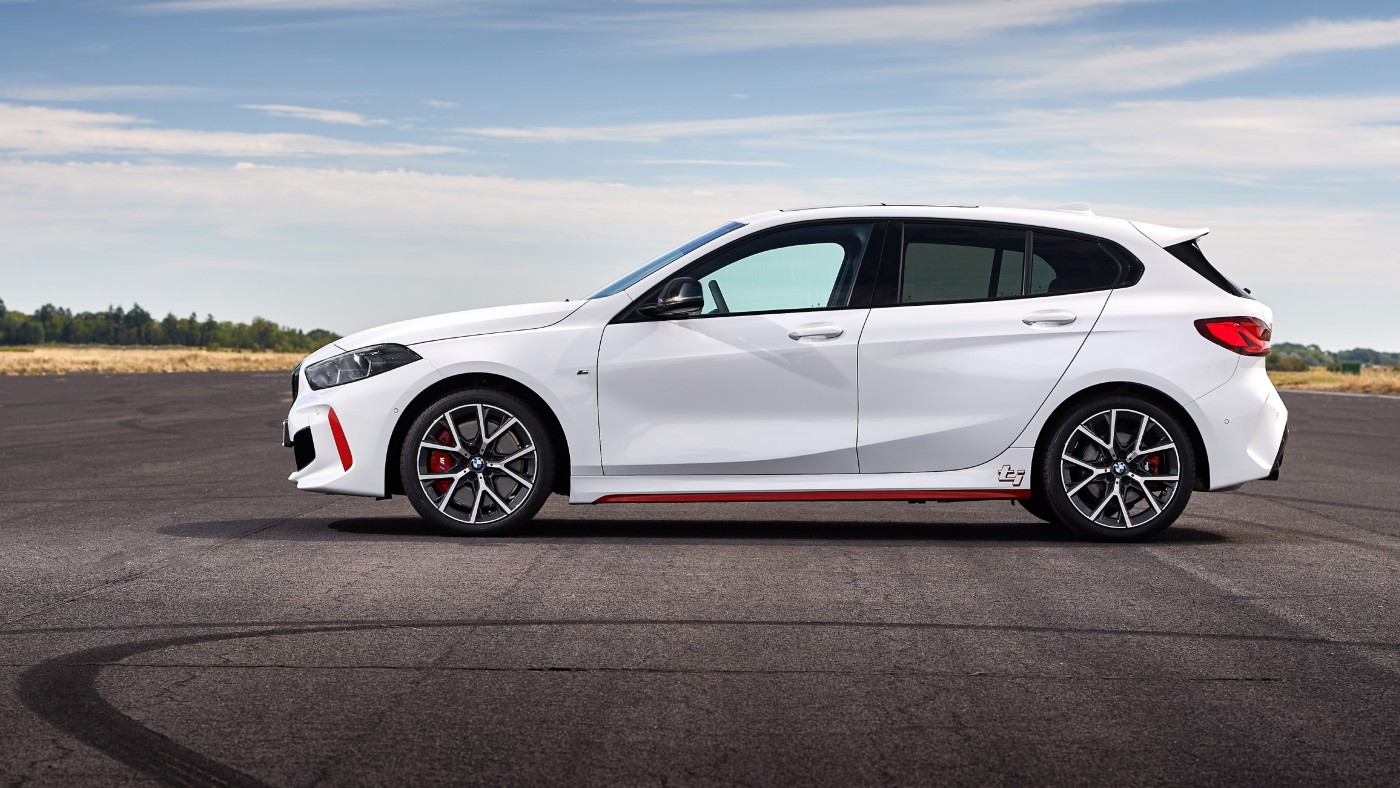 BMW 128ti reviews: what the critics say
BMW 128ti reviews: what the critics sayfeature This new hatchback injects a dose of ‘excitement’ into the class